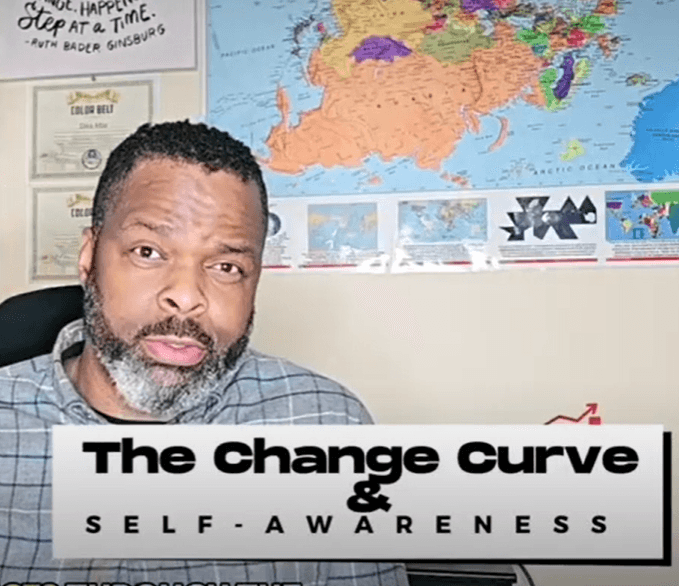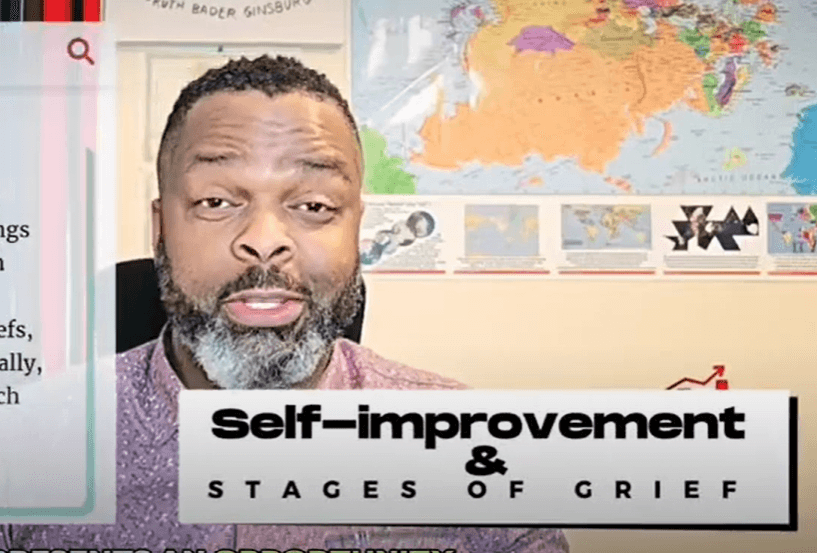Lessons from the Therapy for Mgbánwè Journey
By blending product development principles, user experience strategies, Lean methodology, and the Scrum framework, I was able to overcome significant challenges in the creation and distribution of Therapy for Mgbánwè. This approach enabled me to systematically remove impediments, reduce waste, and iterate rapidly, ultimately creating a more refined and accessible product for a diverse audience.










